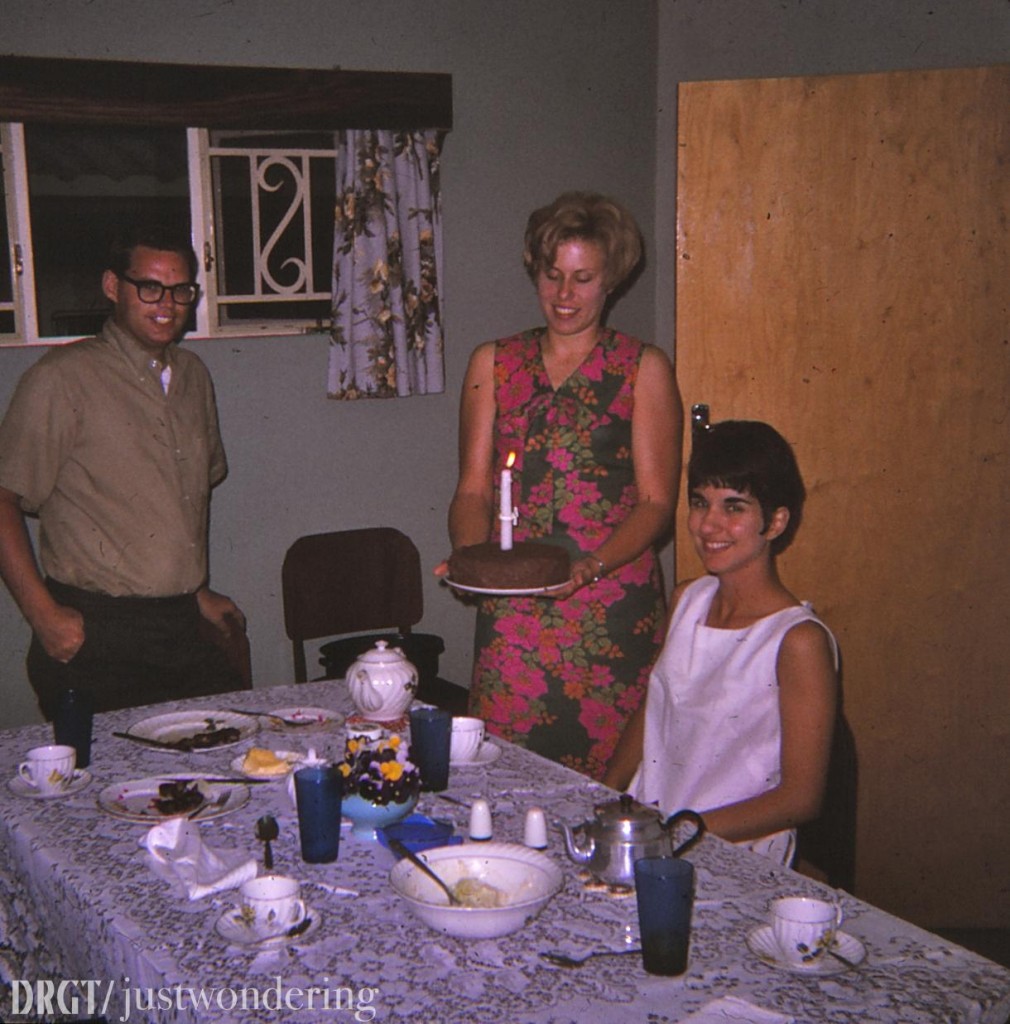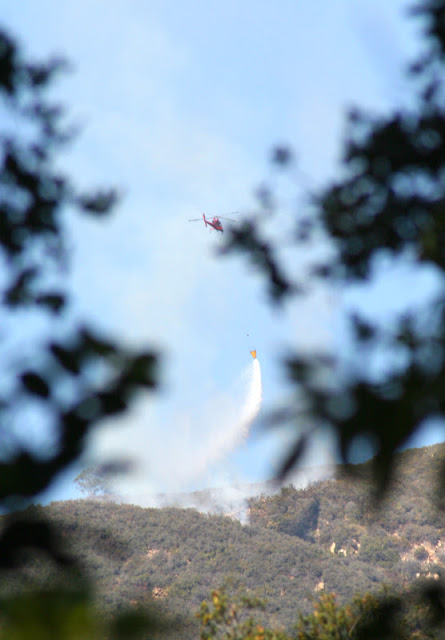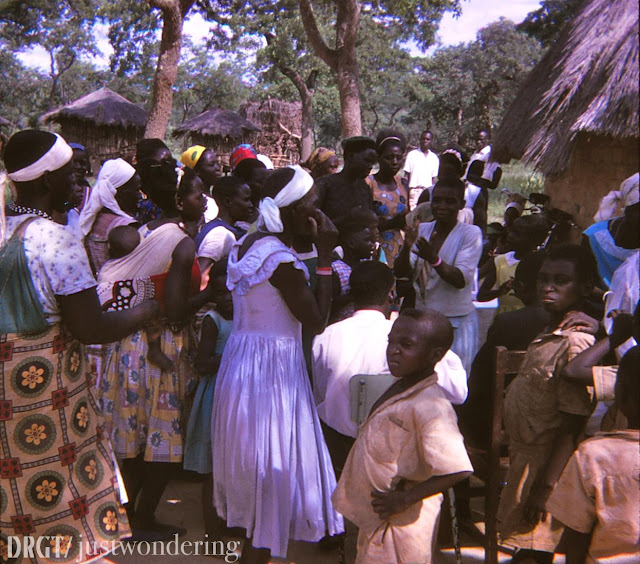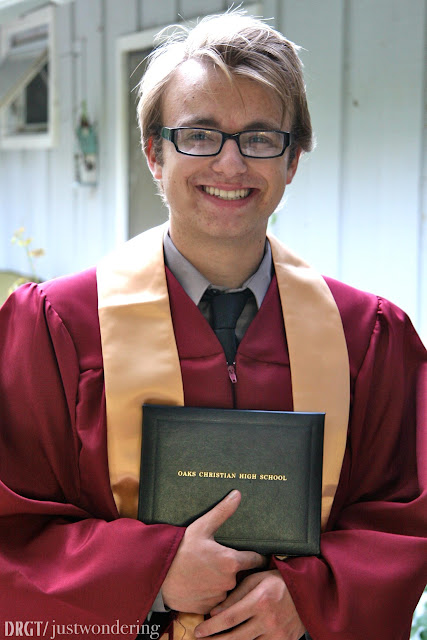It’s the first Thursday of the month and time for my monthly post at A Deeper Family. And this one crept up on me, bigtime. Somehow, I thought the first Thursday was next week (duh!) and had set aside tomorrow afternoon to write this piece. Fortunately, truth dawned at approximately 9:00 p.m. for an essay that was due at midnight.
With the grands at Shell Beach, one year ago this month.
Forty years ago, I was a stay-at-home housewife with three children under the age of five, wildly in love with my kids but often overwhelmed by fatigue and feelings of failure.
Thirty years ago, I had two teenagers and a pre-teen, served as an active volunteer in church and community, loved entertaining large groups of people in our home and was oblivious to the truth that this good, rich time of my life was rushing by me.
Twenty years ago, I walked across the stage to pick up my master of divinity degree from Fuller Seminary after four years of study, all that studying done while managing a small floral business in my home, watching each of my children move into committed relationships and becoming a first-time grandparent.
Ten years ago, I was nearing the midway point of my pastoral life here in Santa Barbara, discovering the harsh reality of death in our family circle for the first time, trying to balance (what is that, anyhow?) home and church, family and congregation.
Today, right now, I am retired from parish work; I offer spiritual direction from my home; I write on my blog, here at ADF, and several other places on the internet and in print; I have children older than most of the people I meet with or write with; I am married to a man I love deeply, a man who stays home most of the day because he, too, is retired; I am mother to my mother as she fades into the dim recesses of dementia; and I am Nana to eight grands, two of whom are college students, for Pete’s sake.
And at this moment, on a warm California evening, I am reading this list and wondering . . . who do I want to be going forward?
If I am blessed by continuing good health and even the moderate level of agility which I currently enjoy, I may live another fifteen, twenty, maybe even twenty-five years at the most.
What will these years look like when I stand there, in the future, and look back at now?
What do I hope for, dream about, pray for, purpose in my heart to do — or maybe more importantly — to be during however many decades remain?
Here, in no particular order of importance, are the things that rise to the top as I ponder that question:
Please join me over at A Deeper Family for the rest of this post . . .






























































